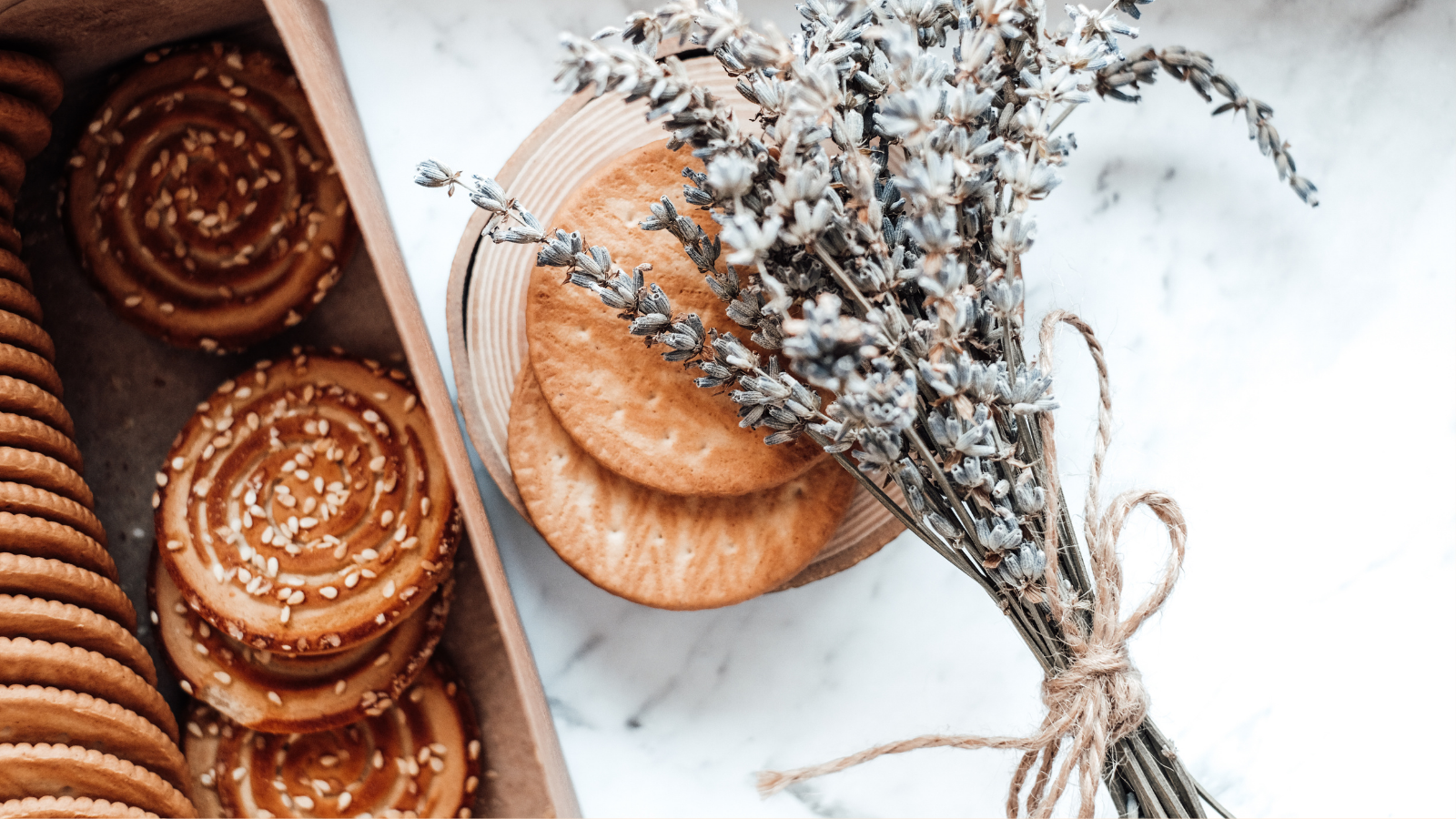2022 Holiday Planning
How do you use your holiday breaks? I was reminded recently via the Monday Motivator newsletter that we all use breaks differently. This year I’m planning to spend time reading. I’m going to read The Golden Enclaves, the third book in a series by one of my favorite authors, Naomi Novik.
In case you also want to spend time reading this break, I have some recommendations for you! Here are my top picks for scholarly books this holiday season.
- Stylish Academic Writing. By Helen Sword. This book is for any scholar looking to engage readers. This book is actionable, evidence-informed, and heavy on samples. It can even be helpful if you’re a well established writer. My favorite tip is on p. 110: Explore the shadow side of an analogy. Example, “If linguists are like entomologists, classifying speech errors is like dipping butterflies in formaldehyde and pinning them to a board.”
- A Field Guide to Grad School. By Jessica McCrory Calarco. Succeeding in graduate school requires access to information that “probably won’t be covered in class” (p. 1). Calarco uncovers this hidden curriculum with detailed examples and actionable steps. And if you’re looking for ways to pay it forward this season, Margaret Echelbarger has a ko-fi page to support historically excluded students (some of which goes to buying students copies of this book).
- Storycraft, 2nd edition. By Jack Hart. This book is a must read for anyone looking to learn the art of writing compelling nonfiction. Hart’s chapter on story structure is useful even if you only ever plan to write journal articles. You’ll learn how to help readers enter a story. (Caveat: I wish this book had more examples from diverse authors. Hopefully they make this change for the third edition.)
- The Grant Writing Guide. By Betty Lai. It’s strange to recommend my own book. But I learned so much interviewing 100 people for the book. Almost everyone I emailed agreed to an interview, and I saw this willingness to share knowledge as a testament to the kinds of supportive communities we can create for each other. I hope you find joy in hearing stories about how scholars found success and navigated their careers. (Get 20% off The Grant Writing Guide when you order directly from Princeton. Use the code: LAI20.)
- The Book Proposal Book. By Laura Portwood-Stacer. How do you actually get a scholarly book published? Laura Portwood-Stacer teaches you everything you need to know in this book. Portwood-Stacer anticipates and answers the questions you’ll have about the book proposal process throughout the book.
Happy reading time to each of you. As always, thank you for reading and believing that scholars deserve support for incredible ideas.
Betty
Stay in touch: The Newsletter, Twitter, Mastodon, and The Grant Writing Guide book.
P.S. Come learn about how program officers can help you write more fundable grants. I have a free session on December 14. Sign up here. If you can’t make it live, no problem. I will send out a time-limited recording to anyone who registers!
P.P.S. If you need a gift for someone who loves bread, these olive oil trays are so neat. They have divots for balsamic vinegar, which creates a pretty pattern. Goes great with my favorite no-knead bread recipe from Jim Lahey.
[Caption: Bread boule with olive oil tray.]



.png)
.png)
.png)


